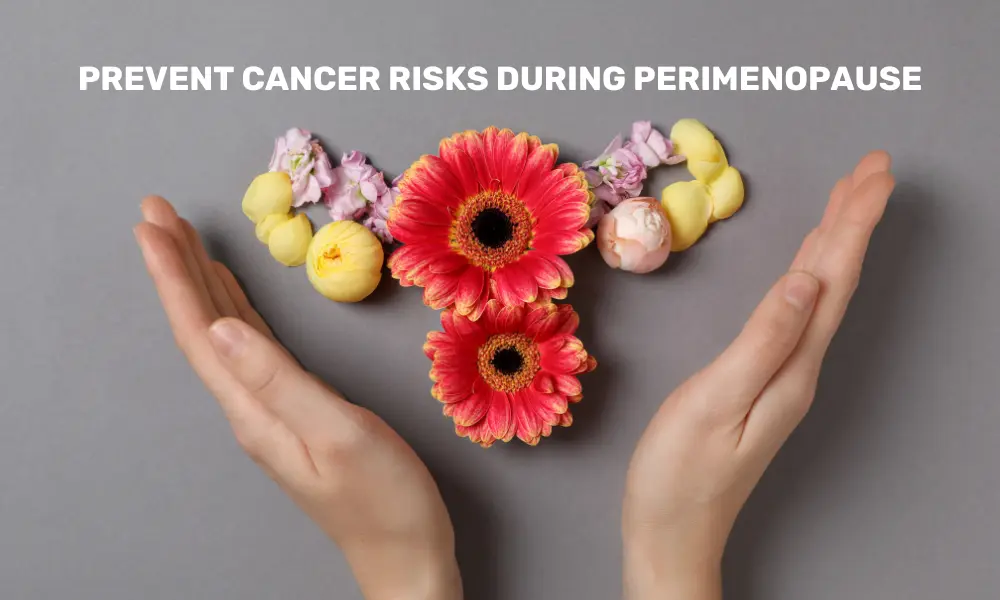With everything around us being fast-paced and challenging, stress and anxiety have become integral element of our lives. It is vital to find comfort and tackle worries and anxieties honestly, sometimes via humor or creativity.
Why is it important to manage stress?
Mental health is still a stigma in India, and it is high time to be aware of the importance of mental health and managing stress levels. It is essential to create a safe space for ourselves where issues can be managed proactively and in a personalized manner.
As per WHO, the average suicide rate in India is 10.9 for every lakh people, and this is quite an alarming trend.
Prevention is Better than Cure
Prevention is better than cure, an age-old saying that holds even today. Proactive and Personalized preventive wellness activities are the need of the hour and can boost our lives to a healthier space. Here are six ways to have a stress-free life.
-
Sleep Well to Stay Happy
Getting a good night’s sleep is important for your emotional and physical well-being. A lack of quality sleep makes it harder for the body to recover from stress and handle stress overall. Good sleep helps enhance mental performance and memory retention, reduces impaired mood and irritation, and improves health in general. To maximize sleep, one must stick to a regular bedtime and wake time.
-
Balanced Diet
A nutrient-dense, well-balanced diet can significantly affect stress levels. Consuming whole foods, including fruits, vegetables, lean meats, and whole grains, can maintain energy levels and support mental health. A balanced diet calms nerves and restores strength; it helps reduce inflammatory and oxidative stress parameters and aids in cognitive performance and general well-being. One must include all sorts of fruits and veggies in one’s diet. Further, one must avoid processed meals, sweets, and coffee. Additionally, ensure to drink lots of water to stay hydrated.
-
Meditation
Meditation entails bringing undivided attention to the here and now without attaching any value judgments to what one experiences. It is a stress-reduction technique that brings awareness to one’s breathing, thoughts, feelings, and bodily sensations. Meditation alleviates melancholy and anxiety, it strengthens focus and mental agility and promotes better control over emotions. Below are some points helpful in meditation.
-
Sit on a comfortable chair in a peaceful area
-
Relax by closing eyes and breathing deeply
-
Concentrate on breathing deeply and watch thoughts objectively
-
Aim for 5–10 minutes daily
-
Incorporate these preventive wellness regimens into your life and give a new boost to life
-
Nurture a Hobby
Art, music, writing, and dancing are all forms of creative expression that can heal people. They can enhance a person’s ability to process emotions and alleviate stress. Indulging in some hobbies offers a constructive means to release feelings, makes one more self-aware and mindful, and improves disposition. One must allocate some time for creative pursuits that bring happiness.
-
Regular Physical Activity
When one engages in regular physical exercise, the body’s natural painkillers, endorphins, are released. Exercising also makes one feel emotionally better and improves one’s physical well-being and mood. Additionally, exercising helps reduce anxiety disorders and makes it easier to sleep better at night. One must try to work out moderately for at least 30 minutes on most days. Some excellent choices may include dancing, swimming, jogging, or walking.
-
Build True Connection
The strength of a person’s social networks depends on their ability to cope with stress and receive emotional support. Feeling loved and safe is a byproduct of making and maintaining connections with others. Building good connections benefits mental health by reducing stress and providing emotional support.
Stress impacts our lives adversely and affects our overall well-being. It is better to identify the factors that increase or contribute to our stress and manage them. In case one is not able to manage stress, then one must consult a psychologist for better guidance.





